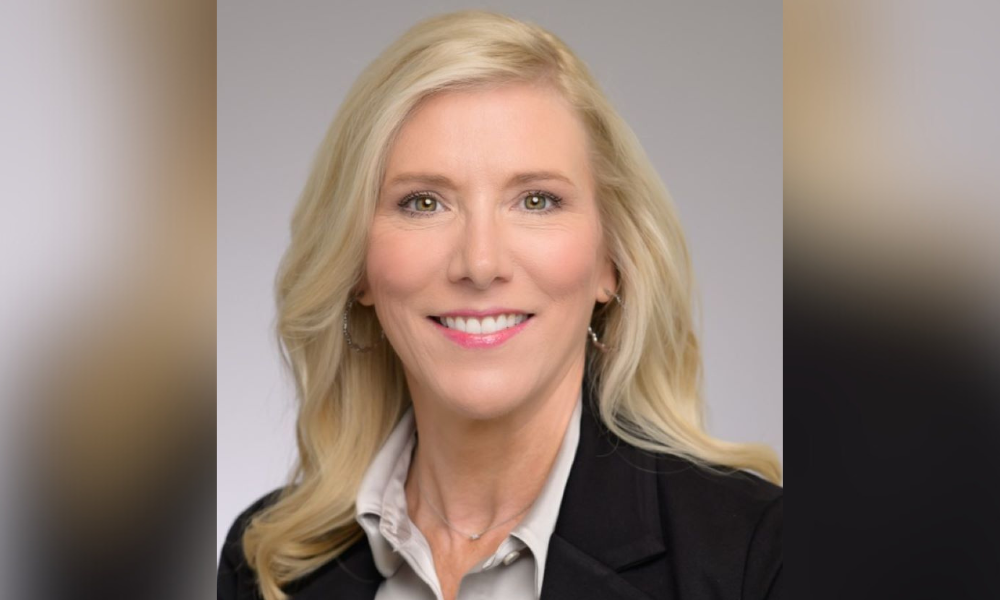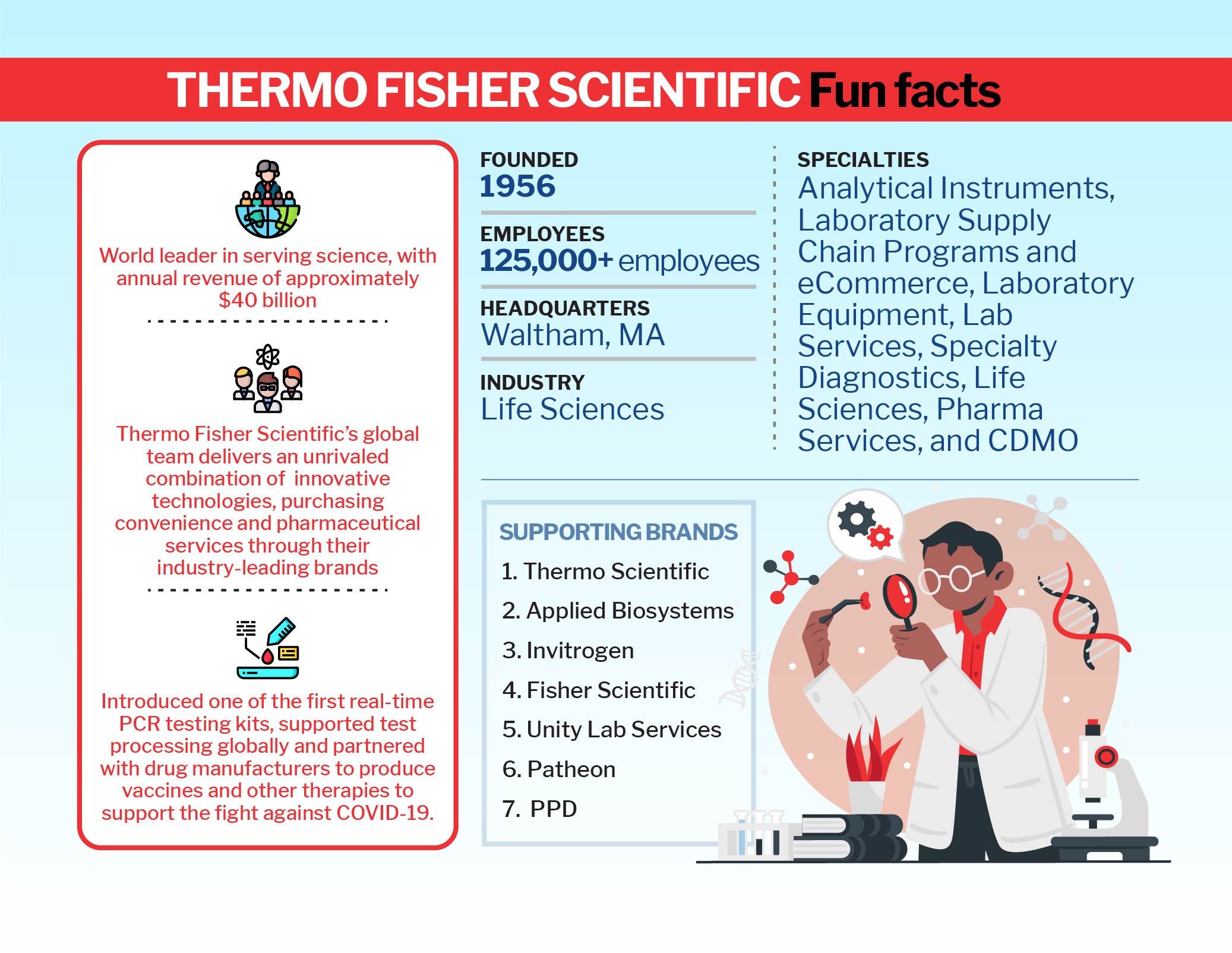
Thermo Fisher's CHRO on the changing face of HR practitioners

With a 30-year career in HR, Lisa Britt knows all too well the highs and lows of working in the function.
And, as CHRO for the past seven years at Thermo Fisher, a Fortune 100 life sciences giant, she’s certainly well-versed in the challenges.
“While many companies were dealing with the impact of COVID and its toll on the workforce, the HR team at Thermo Fisher had to manage that same impact, compounded by the need to ensure essential pandemic-related work was not disrupted,” she says. “So, we found ourselves in a unique spot.”
The pandemic highlighted the critical role of HR in addressing urgent human capital needs. HR's focus on the fundamentals – ensuring colleague safety and cultural management – became even more paramount, says Britt, and while the pandemic is now in the past, there is an opportunity to take those learnings forward.
“Today, HR leadership is a strategic enabler of a company’s success, maximizing the impact of people and offerings to business results,” says Britt. “Choosing a career in HR means you are in the ‘people business’ and there is an organic nature to the profession.”
She adds that the desire for greater remote work, versus being co-located with your business and team, makes it more far challenging for HR professionals to deliver the same strategic impact that took decades to cultivate.
“When you are remote, business leaders can’t stop in your doorway to discuss an idea, and you don’t get the subtle cues of a colleague struggling. Anticipating business needs and stepping into unplanned situations where human capital knowledge and business expertise drive different outcomes is paramount to impact,” she says.
“At Thermo Fisher, we take our mission – to enable our customers to make the world healthier, cleaner and safer – seriously. To have this impact on the world, ‘togetherness’ is a necessary forced multiplier for innovation, problem solving and team development,” says Britt. She says maintaining flexibility to balance work and personal needs is key and every company should find their right balance.

Britt believes that HR should critically evaluate the impact of these evolving work models on business results, the ability to develop current and future talent, as well as to continue to positively elevate HR. “Implement the model that enables your company to thrive, being cautious to recognize one size does not fit all,” she says.
Another challenge Britt sees that presents significant opportunity is around technological advancements. She considers the speed at which generative A.I. and automation are evolving creates significant opportunity to improve the colleague experience and create capacity for the HR community, but will require focus and investment to build new skills.
“We're very focused on embracing digital solutions that support colleague lifecycle needs and the skillset is both scarce and in demand,” says Britt. “And so, in addition to hiring new capabilities into the company there'll be a very strong focus to develop them internally.”
To what extent these challenges as well as other emerging needs impact HR organizations in 2024, only time will tell. What is for certain – HR is poised for another eventful year.